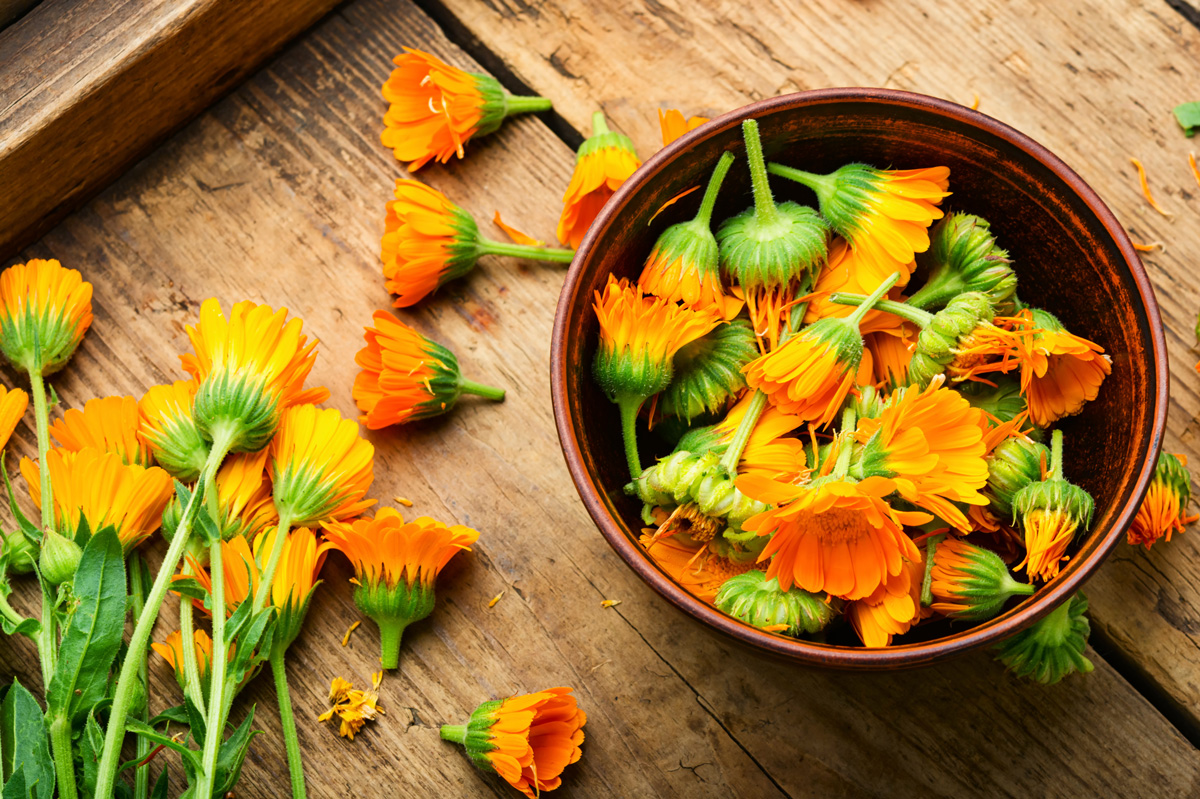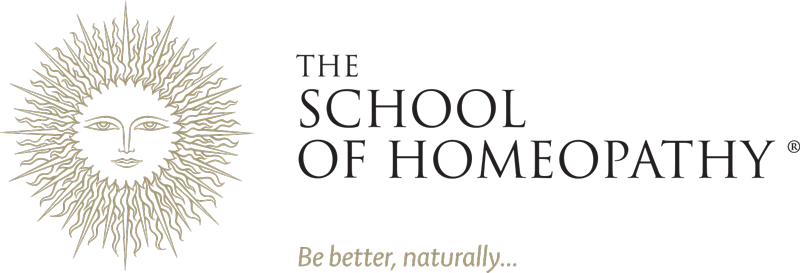Inoculations, also known as vaccinations or immunisations, refer to the administration of a weakened or killed pathogen or its components to stimulate the immune system and provide protection against specific infectious diseases. These are preventive measures taken to enhance the body’s ability to fight off infections. Homeopathic remedies can be used alongside vaccinations to support the body’s immune response and address any symptoms or reactions that may occur.
Homeopathy is a holistic system of medicine that works on the principle of “like cures like.” It uses highly diluted substances to stimulate the body’s own healing mechanisms. Homeopathic remedies can be effective in addressing anxiety by addressing the underlying causes and promoting overall wellbeing.
Here are seven commonly used homeopathic remedies for inoculations:
1. Thuja occidentalis (Thuj.)
A commonly used remedy to address the potential side effects of vaccinations. It may help with symptoms such as skin eruptions, swelling and itching at the injection site. It is also useful when there are symptoms related to the nervous system or emotional changes following inoculations. Read more…
2. Silicea (Sil.)
Often recommended to support the body’s detoxification process after vaccinations. It may assist in expelling toxins and promoting overall immune system balance. Read more…
3. Belladonna (Bell.)
Useful when there is a sudden onset of symptoms after vaccinations, such as fever, inflammation and redness. It can help with symptoms that appear quickly and intensely. Read more…
4. Sulphur (Sulph.)
This is indicated when there is a delayed or prolonged reaction to vaccinations. It may assist in addressing skin conditions, irritability and restlessness. Read more…
5. Pulsatilla (Puls.)
Often recommended when there are symptoms of sensitivity or emotional changes following inoculations. It may help with weepiness, clinginess and a desire for comfort. Read more…
6. Hepar sulphuris calcareum (Hep.)
This is beneficial when there are symptoms of abscesses or infections at the injection site. It may assist in reducing inflammation, pain and suppuration. Read more…
7. Arsenicum album (Ars.)
A useful remedy for addressing symptoms such as anxiety, restlessness and weakness after vaccinations. It may also help with digestive disturbances that can occur. Read more…
It’s important to note that these homeopathic remedies should be used under the guidance of a qualified homeopath or healthcare professional experienced in homeopathy. They can help determine the most appropriate remedy and dosage based on individual symptoms and constitutional factors.
In addition to homeopathic remedies, there are several natural ways to support the healing process after inoculations:
1. Rest and hydration: Ensure the individual gets plenty of rest and drinks an adequate amount of fluids to support their overall wellbeing and help the body recover.
2. Apply a cool compress: If there is any localized swelling or discomfort at the injection site applying a cool compress or ice pack wrapped in a cloth can help reduce inflammation.
3. Gentle movement and exercise: Engaging in light physical activity and gentle stretching can help improve circulation and alleviate any muscle soreness or stiffness.
4. Balanced nutrition: Focus on a balanced diet rich in fruits, vegetables, whole grains and lean proteins to support the immune system and overall healing.
5. Emotional support: Provide reassurance, comfort, and emotional support to individuals who may experience anxiety or stress related to vaccinations. Creating a calm and supportive environment can aid in the healing process.
It’s important to follow the guidelines and recommendations provided by healthcare professionals regarding vaccinations. Homeopathic remedies can be complementary to conventional vaccination practices but should not be used as a substitute. Consult with a healthcare professional experienced in homeopathy for personalised guidance and advice.


